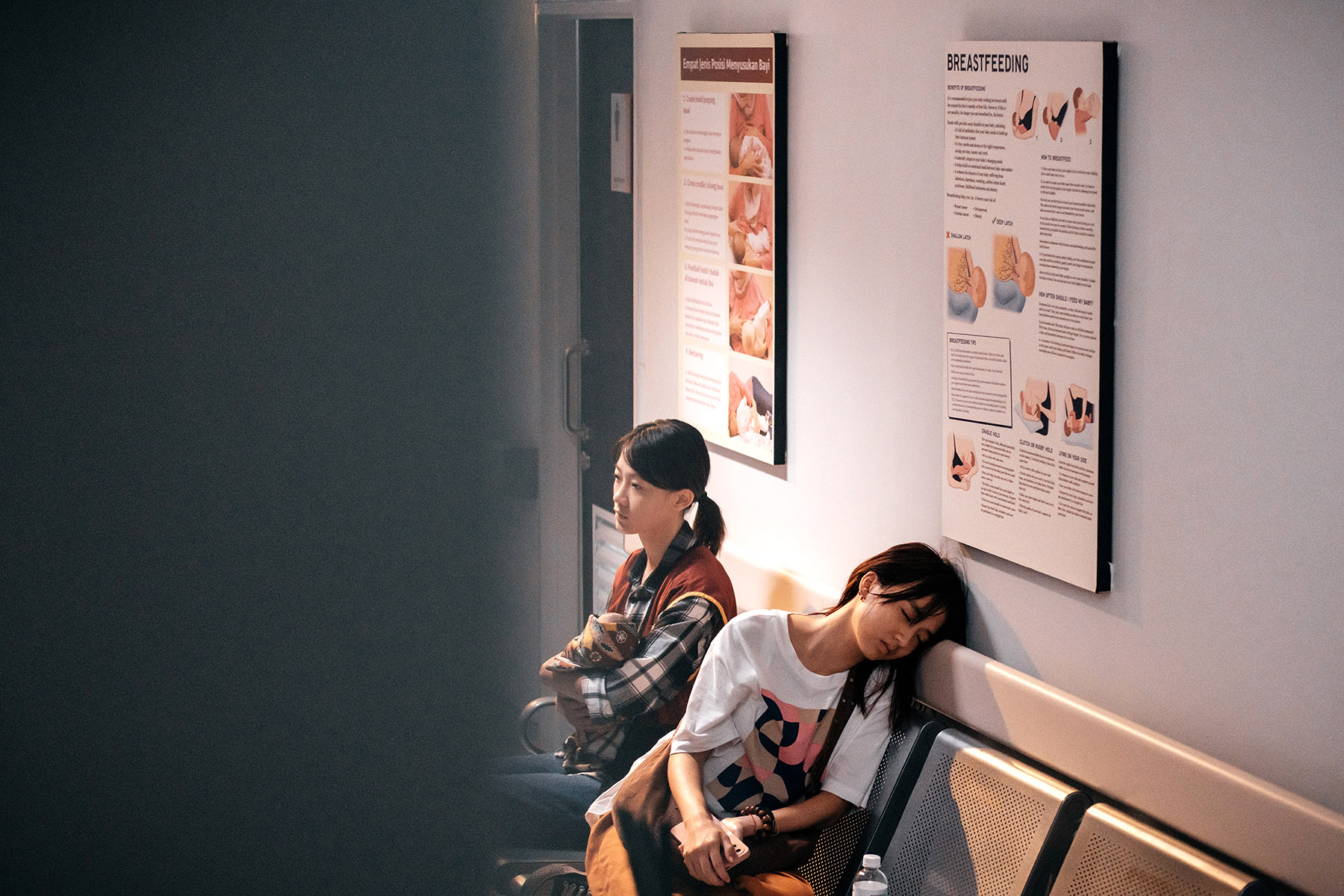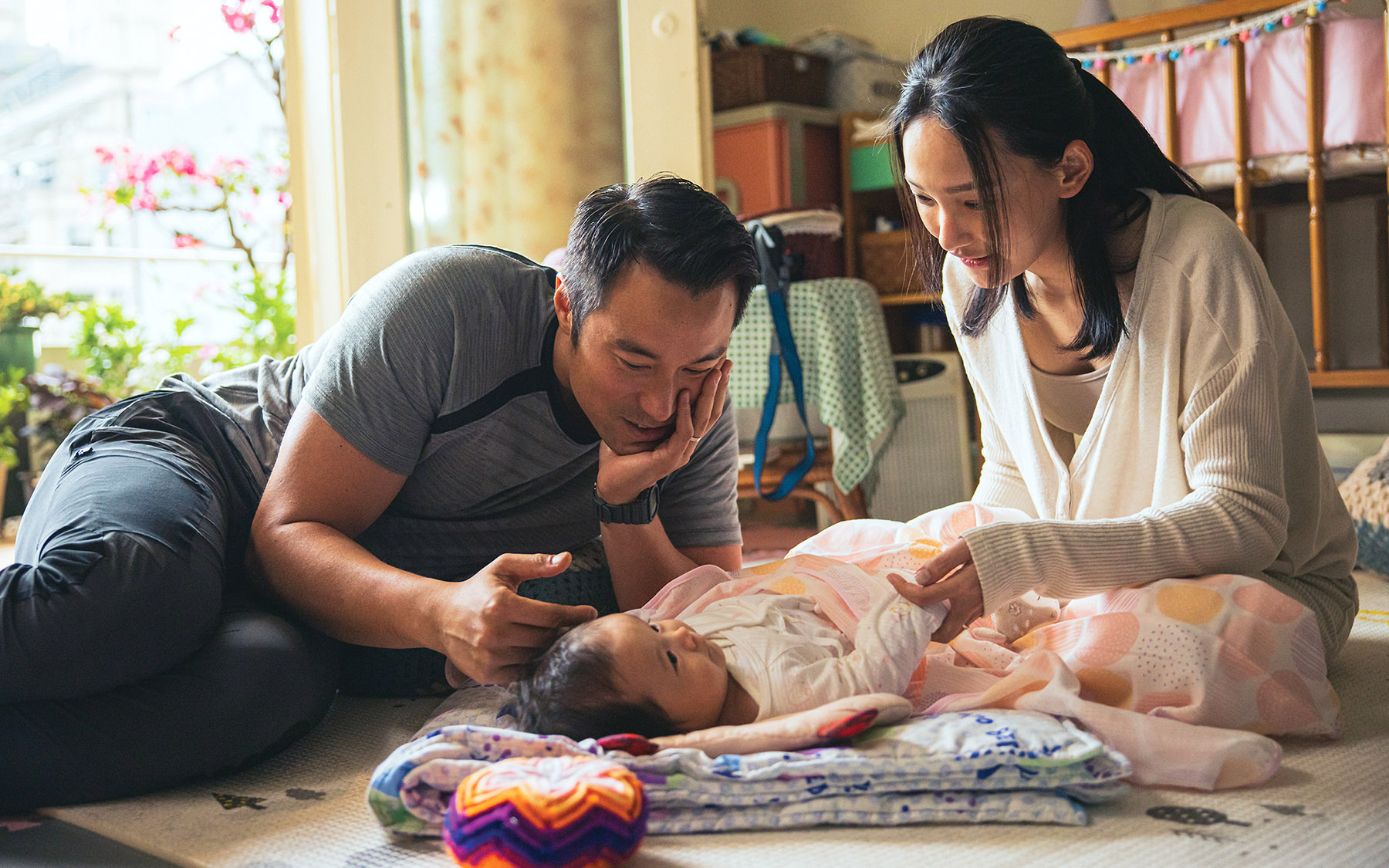
The escapist summer movie season has, ironically, been usurped in Hong Kong this year by thought-provoking, issue-based films. Since the season started in May, mediations on cultural appropriation (Sinners), postpartum depression (Montages of a Modern Motherhood), faith and redemption (Valley of the Shadow of Death) and the disenfranchisement of women working in the healthcare industry (All We Imagine as Light) have been sprinkled among the animated remakes and rote action thrillers.
Before the silliness really kicks into high gear in July, directors Chong Keat Aun and Chieh Shueh-bin invite audiences to contemplate questions related to a woman’s right to her body in Pavane for an Infant and human trafficking in Organ Child, respectively. Fair warning: Only one of these is grounded in sensitive consideration of its issues.
READ MORE: Pictures of diversity
Filmmaker Chong is well known for his fearless dissections of Malaysian society — his 2023 Snow in Midsummer is about the ’60s race riots — and its disregard for women’s autonomy in particular. But as specific to Kuala Lumpur as Pavane for an Infant is, there’s a universality to the struggles faced by baby hatch social worker Lai-sum (Fish Liew, A Guilty Conscience) and Siew-man (Natalie Hsu), who is pregnant as the result of a sexual assault. The two women meet during Ramadan when Lai-sum is working extra shifts to cover for her Muslim colleagues. Seeing something of herself in Siew-man, Lai-sum takes a heightened interest in her case, and eventually helps the desperate teen get some kind of justice.

Through it all, Chong uses the baby hatch — an anonymous way to abandon unwanted infants safely — to shine a light on the systems and customs that force women to make the desperate choice to use one, sometimes to their great regret and often to the derision of the — mostly male — public opinion. Chong’s elegant script is visualized by Hong Kong director of photography Leung Ming-kai, using a calm, liquid language that captures the subtle details of the complex social and religious dynamics impacting the perception of baby hatches in Malaysia while never losing sight of the factors that have led to their creation. Liew anchors the film with a quiet performance of resigned sorrow, regret and simmering rage.
Dialectically positioned from Chong’s nuanced examinations is Chieh’s Organ Child, which flirts with urban legend and garish gore in a routine revenge thriller that’s not nearly as smart or enlightening as it thinks it is. Told in four chapters, the film starts with a freshly released convict, Mao (Joseph Chang), brutalizing a businessman of some kind for information in a dank basement. Mao was a baseball coach and young father in his past life, but when his infant daughter was kidnapped — and never found — corrupt cops led by Jingdong (Jag Huang) framed him for the crime. Now released, Mao wants to find out how a privileged girl (Moon Lee) is connected to his baby and exact revenge on the perpetrators.
ALSO READ: Action thrillers stop short of scoring a hit
The issue of human trafficking, whole or in part, is simply the excuse for Chieh and his army of writers to make what is ultimately a standard, seasonally appropriate, bloody thriller that effectively revels in its noir trappings. Cinematographer Ahoj Chao makes the most of the dark corners, damp walls, color filters and varied film speeds to maximize the grittiness of the spaces and ramp up the tension, though the film’s style gets ahead of itself on more than one occasion. Too often it feels as if the writers worked independently of each other, resulting in a jangled narrative that cannot settle on a tone or be bothered to flesh out its characters.


